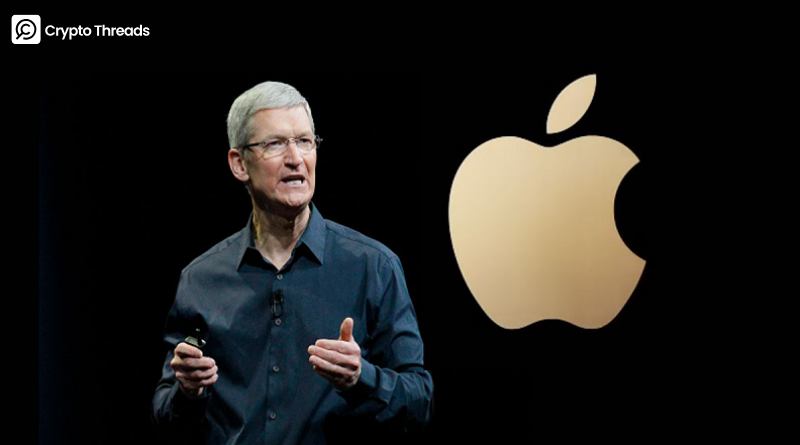Apple CEO Tim Cook Declares AI Revolution “Ours to Grab”
Meta Description:
Tim Cook calls AI a technological shift greater than the internet, urging Apple to lead the future. Backed by record $94B revenue, Apple prepares a full Siri rebuild and expanded AI investments across all products.
Key Takeaways
- Tim Cook calls AI a shift “as big or bigger than the internet or smartphones”
- Apple will rebuild Siri on a fully AI-native architecture, debuting in 2026
- Massive hiring push: 12,000 new staff, with 40% focused on AI R&D
- Apple may acquire AI startups to accelerate its roadmap
- Record Q3 revenue of $94B gives Apple a strong launchpad for aggressive AI plans
Apple Rallies Behind AI After Record-Breaking Quarter
In a rare all-hands meeting at Apple Park, CEO Tim Cook addressed the entire global workforce with a message of urgency and ambition. He described artificial intelligence as one of the most transformative technologies of the century, placing it on the same level, or even above: the internet, the smartphone, and cloud computing.
The internal meeting followed Apple’s announcement of $94 billion in revenue for the third fiscal quarter. Strong iPhone sales and record earnings from services have provided Apple with both the financial momentum and confidence to shift aggressively into AI development.
Tim Cook emphasized that Apple must not sit back and observe the AI race from the sidelines. Instead, the company intends to be at the forefront. In the past year alone, Apple has hired 12,000 new employees. Around 40 percent of them have joined research and development teams, many of which are directly tied to artificial intelligence projects. Cook told employees that this is a moment of acceleration. AI will no longer be an add-on. It will be at the center of the user experience across Apple’s ecosystem.
Siri Rebuild and New Product Vision Take Center Stage
A major part of Apple’s AI strategy involves completely rebuilding Siri. The initial plan was to enhance Siri using a hybrid model that blended Apple’s existing assistant infrastructure with large language models. However, that approach was ultimately abandoned. According to internal sources, it failed to meet performance expectations and lacked the flexibility needed for future use cases.
Apple is now committed to building Siri from the ground up using a fully AI-native foundation. The new version is expected to launch by 2026 and will aim to compete with leading AI assistants in speed, contextual understanding, and integration across devices. Teams working on Siri have already begun integrating the assistant into core Apple applications and operating systems in preparation for the overhaul.
Alongside internal development, Apple is also open to strategic acquisitions. Historically cautious about mergers, the company is now exploring deals with AI startups that specialize in conversational agents, generative AI, and search technologies. While no names have been confirmed publicly, several companies have reportedly been discussed internally.
Looking further ahead, Cook hinted at a broader product roadmap where AI becomes a defining element in new categories. These may include smart glasses, next-generation wearables, and intelligent home devices. He encouraged teams to embrace AI not just as a feature but as a design principle that shapes the entire user experience.
Cook closed the meeting by saying he had never seen Apple so energized. The company’s leadership believes this is a defining moment. With the right talent, resources, and timing, Apple is now positioning itself not just to participate in the AI revolution—but to lead it.



